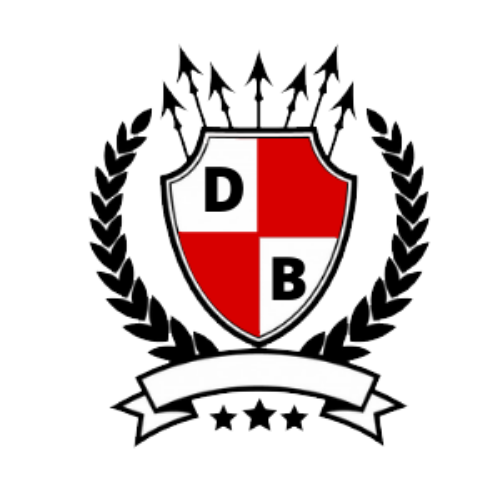FAQs
Trademarks
-
A trademark attorney is a legal professional who specializes in trademark law. They assist individuals and businesses in protecting their brand names, logos, and other intellectual property by providing legal advice, conducting trademark searches, filing trademark applications, and handling trademark disputes.
-
“It depends on the location of your domicile, specifically, the place you reside and intend to be your principal home or principal place of business (an entity's headquarters).
Yes, if you are a foreign-domiciled trademark applicant. You must be represented at the USPTO by an attorney who is licensed to practice law in the United States.
No, if you are a trademark applicant domiciled in the United States or its territories. Nevertheless, we strongly encourage you to hire a U.S.-licensed attorney who specializes in trademark law to guide you through the registration process.
For more information, see the August 3, 2019 USPTO trademark rules change.
Most applicants use U.S.-licensed trademark attorneys for legal advice regarding the use of their trademark, filing an application, and the likelihood of success in the registration process, since not all applications proceed to registration. A U.S.-licensed private trademark attorney (not associated with the USPTO) may help you avoid many potential pitfalls.” -USPTO.gov
-
A trademark attorney possesses the expertise and knowledge required to navigate the complex world of trademark law. They can help you with tasks such as conducting comprehensive trademark searches to ensure your desired mark is available, guiding you through the application process, and representing you in case of infringement or disputes.
-
Finding a reliable trademark attorney involves some research and considerations. You can start by asking for recommendations from other business owners or professionals in your industry. Additionally, online directories, legal associations, and state bar associations often have lists of qualified trademark attorneys. Check their experience, credentials, client reviews, and success rate before deciding.
-
It depends on the application type.
The trademark registration process can take several months to over a year, depending on various factors, such as the backlog at the intellectual property office and whether any objections or oppositions arise during the examination process. A trademark attorney can provide an estimate based on your specific circumstances.
Generally speaking, it takes about 8-12 months on avg, but check with the United States Patent and Trademark Office for updates.
-
We have a flat fee service for $1500 + the USPTO.gov filing fees. *
The flat fee includes:
Federal and State Trademark Search AKA “Knock-out Search”
Legal Memo
Common-Law Trademark Search
Attorney Consultations
Drafting and Filing of Trademark Application
Responding to Non-Substantive Office Actions
Sending Registration Certificate
*All fees are subject to change without notice.
-
When hiring a trademark attorney, consider the following factors:
Experience: Look for an attorney with a solid background in trademark law and a track record of successful cases.
Expertise: Ensure that the attorney specializes in intellectual property law, particularly trademark registration and protection.
Communication: Effective communication is essential, so find an attorney who listens to your concerns and provides clear explanations.
Cost: Inquire about their fee structure, whether they charge hourly rates or flat fees, and any additional costs associated with their services.
-
While it is possible to file a trademark application on your own, working with a trademark attorney is generally recommended. Trademark law can be complex, and mistakes or oversights in the application can lead to future delays, rejections, or potential legal issues. A trademark attorney can guide you through the process, increasing the chances of successful registration.
-
The symbol TM stands for "trademark" and can be used to indicate that you are claiming rights to a particular mark, even if it is not registered. On the other hand, the symbol ® signifies a registered trademark. You can only use the ® symbol once your trademark has been officially registered with the appropriate intellectual property office.
-
For more information about trademark law, you can visit the official website of the intellectual property office in your country. Additionally, legal resources, online publications, and books dedicated to trademark law can provide valuable insights. Consulting with a trademark attorney is also an excellent way to gain a deeper understanding of the subject.
-
Expertise: Our attorneys specialize in trademark law, boasting years of experience in registering and safeguarding trademarks across diverse industries.
Tailored Solutions: We recognize that each business is unique. We offer customized strategies aligned with your specific needs and goals.
Comprehensive Trademark Services: From in-depth trademark searches to handling disputes, we cover all your trademark-related requirements.
Client-Centered Approach: Your success and satisfaction are our top priorities. We ensure transparent and open communication, keeping you informed and engaged throughout the process.
Cost-Effective: With transparent and reasonable fee structures, we offer competitive rates and work efficiently to provide exceptional value for your investment.
Our Services:
